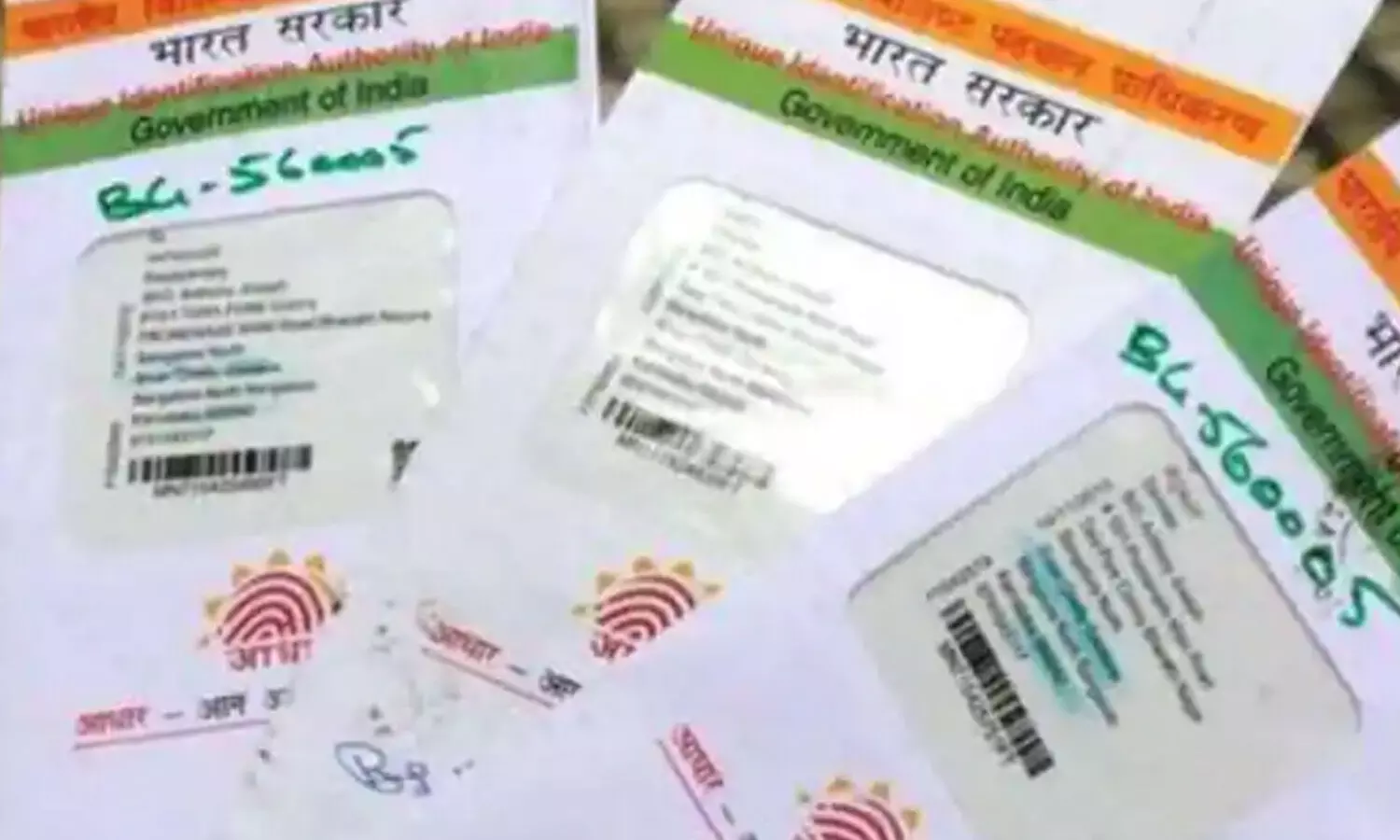TRENDING TAGS :
Delhi High Court Urges Centre to Explore Aadhaar-Property Linkage
The Delhi High Court suggests linking property documents with Aadhaar to tackle corruption and benami transactions.
Delhi High Court Urges Centre to Explore Aadhaar-Property Linkage
In a recent development, the Delhi High Court has proposed a significant step in the ongoing battle against corruption and black money – linking citizens' immovable and movable property documents with their Aadhaar numbers. The move aims to address issues related to corruption, black money generation, and 'benami' transactions, which have plagued the nation for years.
The court, consisting of Justices Rajiv Shakdher and Girish Kathpalia, emphasized that such decisions are within the realm of policy-making and should be left to the government's discretion. The court, however, instructed the Centre to consider the plea as a representation, and the government is expected to decide on it within three months.
Lawyer Ashwini Kumar Upadhyay brought the petition to the court, asserting that it is the state's responsibility to take effective measures to curb corruption and confiscate 'benami' properties amassed through illegal means. This, he argued, would send a strong message that the government is committed to combating corruption and black money generation.
The court's stance reflects a cautious approach, acknowledging that policy decisions are beyond its purview. Justice Shakdher noted, "These are policy decisions; how the courts can tell them to do this. Prima facie, what I don't understand is that these are the areas we don't have the complete picture or data, what are the various aspects that may emerge... Best is to let them treat it as a representation and let them decide."
Upadhyay's petition contends that linking property documents with Aadhaar could contribute to a two percent increase in annual growth. The move, he argues, would cleanse the electoral process, which is often marred by black money and benami transactions, perpetuating a cycle of illicit financial activities.
The petition emphasizes the potential benefits of such linkage, stating that it could combat 'benami' transactions involving high-denomination currency, which are often associated with illegal activities such as terrorism, naxalism, gambling, and money laundering. Furthermore, it suggests that linking properties to Aadhaar could curb the inflation of essential commodities and major assets like real estate and gold.
While the proposal presents an innovative approach to tackle corruption and illicit financial activities, it also raises concerns about privacy and potential misuse. As the government considers this representation, it will need to carefully weigh the benefits and drawbacks, taking into account the broader implications for governance, transparency, and individual rights.
In a 2019 affidavit, the Delhi government clarified that while Aadhaar is accepted as proof of identity for property registration and land mutation, it remains an optional requirement, with no legal provision making it mandatory.
As the nation grapples with complex challenges related to corruption and financial malpractices, the Delhi High Court's recommendation opens the door to a crucial discussion on the intersection of governance, technology, and individual rights in the pursuit of a cleaner, more transparent socio-economic landscape.



